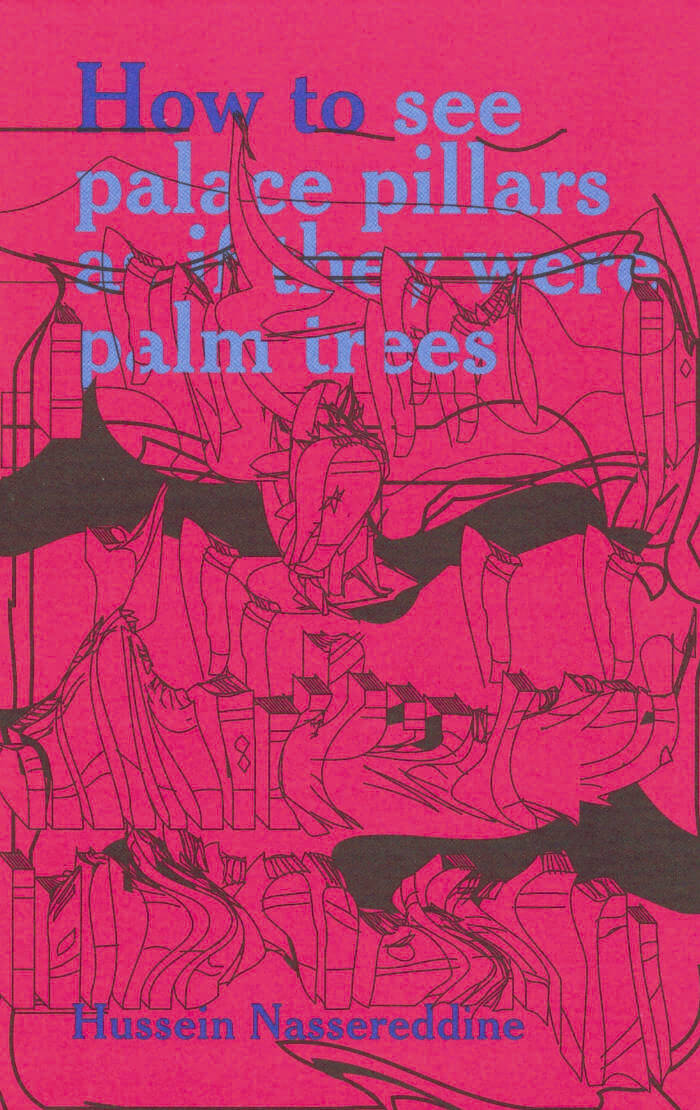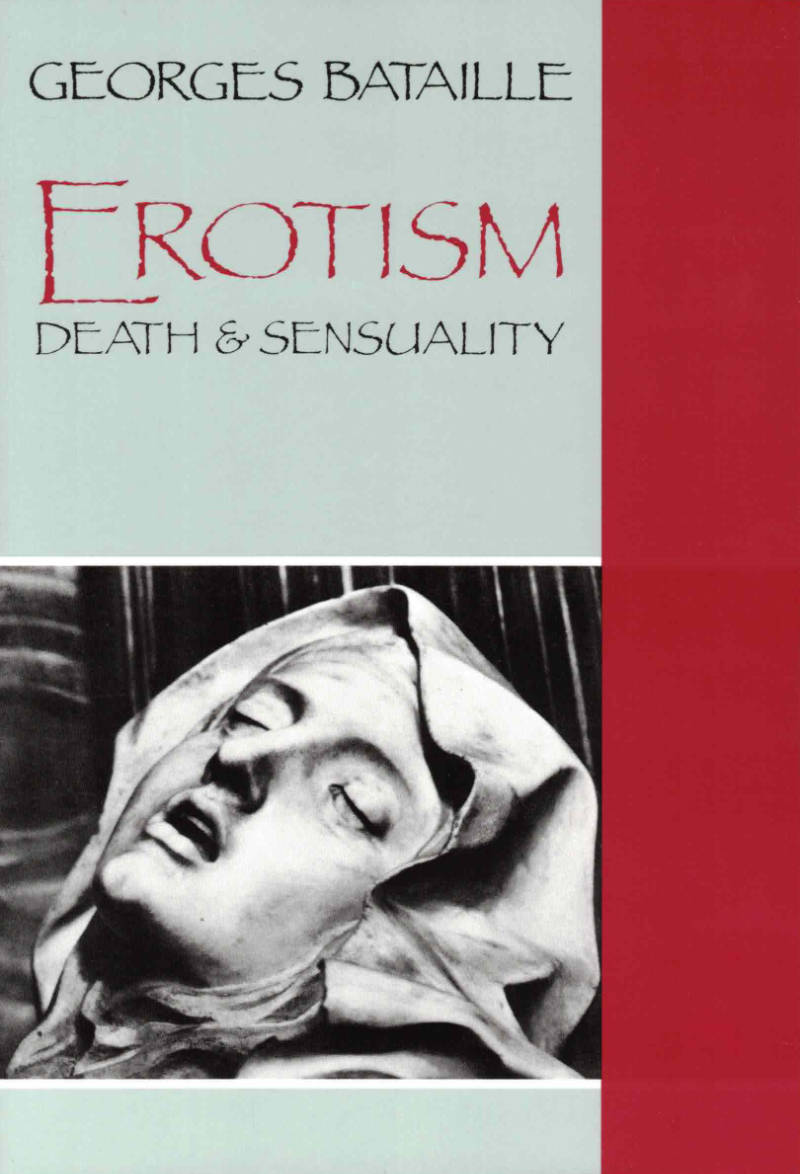
How to love a homeland
Russian writer and philosopher Oxana Timofeeva was born and grew up in various parts of the USSR. The book explores the difficulty of reducing one’s sense of homeland to one’s country alone, the philosophical interconnectedness of movement and rootedness, our plant and animal souls, and how we need to reimagine our desired, fictional if need be, homelands. The book interweaves vignettes from Timofeeva’s childhood across different parts of the USSR with a philosophical discussion of ideas on homeland in the thought of Brecht, Deleuze and Guattari, and other main figures of literature and philosophy.
Oxana Timofeeva is Sc.D., professor at “Stasis” Center for Philosophy at the European University at St. Petersburg, leading researcher at Tyumen State University, member of the artistic collective “Chto Delat” (“What is to be done”), deputy editor of the journal “Stasis”, and the author of books History of Animals (London: Bloomsbury Academic, 2018; Maastricht: Jan van Eyck, 2012), Introduction to the Erotic Philosophy of Georges Bataille (Moscow: New Literary Observer, 2009), Solar Politics(forthcoming, Polity, 2022).
Commissioned and published by Kayfa ta (2020)
Translation from Russian by Maria Afanasyeva
Design template by Julie Peeters
Cover illustration by Jumana Emil Abboud







